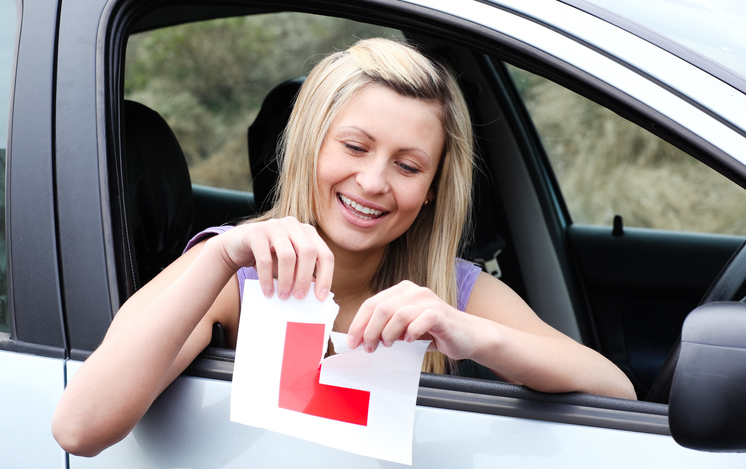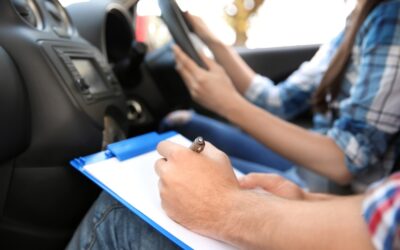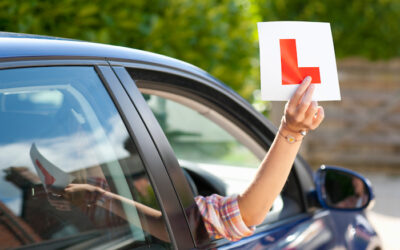Taking driving lessons can be an exciting and nerve wrecking time. Here are some of our top tips on how to streamline both your lessons and the examination.

1. Practice outside of lessons
There is no doubt you need professional driving lessons at the core of your learning but it is also a good idea to practise with experienced friends and relatives once you feel confident to do so. In this way, you can enhance what you are learning during your sessions with your instructor.
It’s important to remember that the person who accompanies you in the car must be over the age of 21, be qualified to drive the type of vehicle you are learning in and must also have held a full driving licence for at least three years.
2. Check out those likely test routes
Many think the driving routes you will take on your test are only known by the driving examiner on the day, but that is not true. It is highly likely that your driving instructor will know of the various routes your examiner is likely to take you on. Get to know the routes so you are more familiar with them on the day of the test.
3. Don’t forget the more difficult manoeuvres
The difficult manoeuvres such as parking, emergency stops and reversing around corners are not as much fun as driving on the open roads. When you are struggling, they can seem frustrating and pointless. But practice, practice, practice! Unless you get them right, you are going nowhere fast.
4. Don’t put your theory books away!
It’s all too easy once you have passed the theory part of the test to put all you have learnt to one side. Don’t forget that all that theory is fundamental to how you drive on the day on your practical test. If you do not have it clearly in your head on the day of the examination you may find yourself stuck up a one way street!
5. It’s OK to make mistakes
This may be easier said than done. Some of us are more likely to panic than others when things go a little awry. But it is something you can temper. Remember even experienced drivers can make mistakes. An examiner will look at how you deal with mistakes rather than just the mistake alone. Keep calm, give yourself space and carry on.
6. Know your car
Knowing the vehicle you are driving can help massively in understanding its functioning and feeling comfortable when driving. This doesn’t mean you need to become a mechanic overnight – ask an informed friend or your driving instructor to give you a tour of the car every now and again to pick up the fundamentals.
7. Try driving in different weather conditions
You are never going to know what the weather is going to be like on the day of your test so the best thing to do is practice in all weathers if you can. Make sure you get good advice from your instructor about techniques for driving in different conditions.
8. Never be afraid to clarify an instruction
The test examiner can be a little daunting but they will try their best to put you at ease as they understand you will be nervous. Above all, don’t be afraid to ask if you need to clarify any instructions given to you on the test. It will not be marked against you in any way.
9. When do you learn best?
We all learn in different ways and at various speeds. We also tend to learn better, have more concentration and focus at different times of the day. Determine when your best time is and try to align driving lessons and the actual test to that period.
10. A learning experience
Don’t be demoralised if you do not pass first time. Don’t compare yourself with your friends – we all learn at our own unique pace and we all cope with examinations differently. What is right for your friends may not be right for you – and that’s OK. The test itself will be a precious learning experience for your next attempt.



